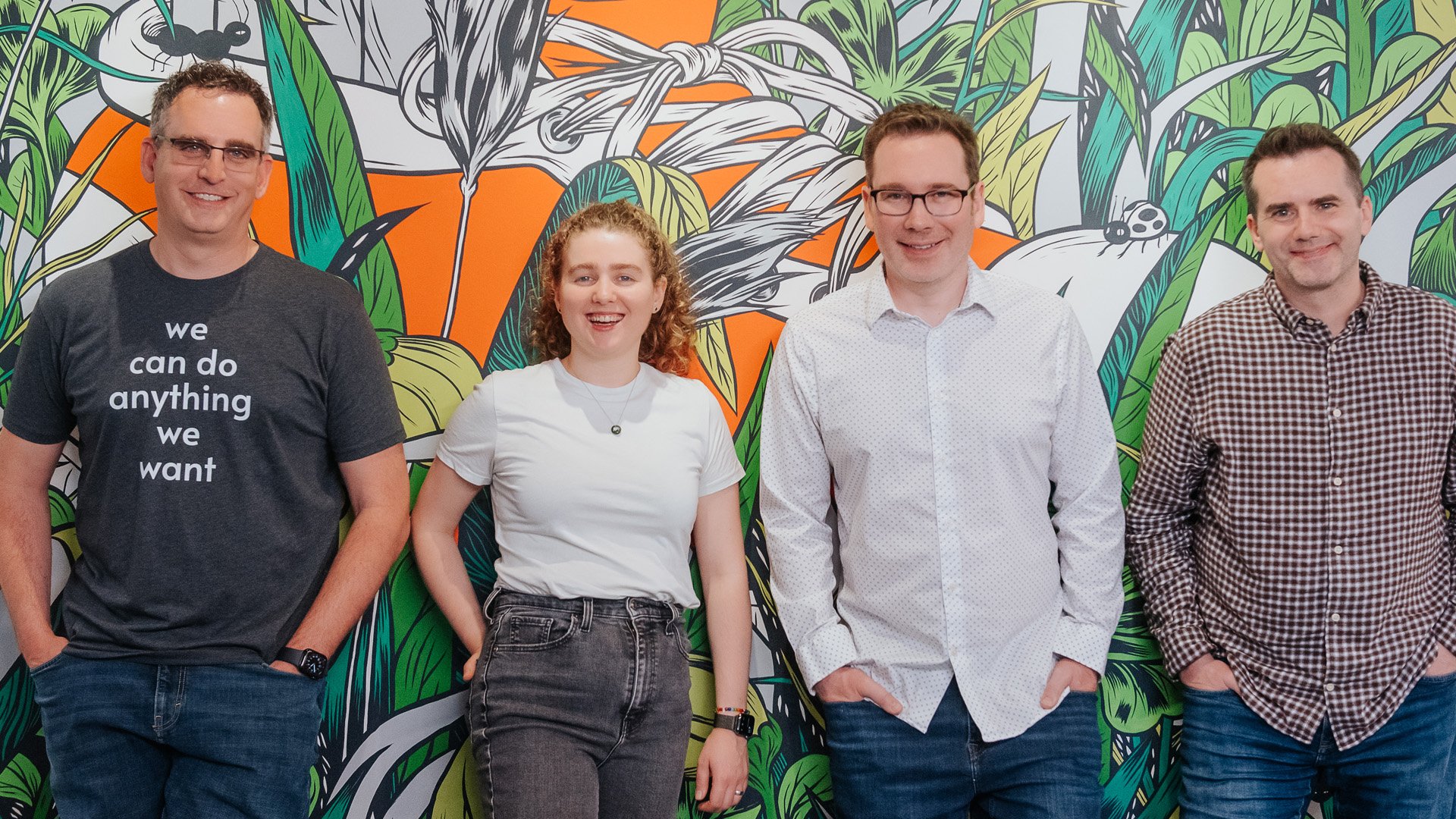A panel of AI experts gathered to discuss generative artificial intelligence at the World Economic Forum’s “Open Forum” in Davos last week. The session, ‘The Expanding Universe of Generative Models’, featured prominent figures like Yann LeCun, Daphne Koller, Andrew Ng, Kai-Fu Lee, and Aidan Gomez, co-founder and CEO of Cohere, a Radical Ventures portfolio company. This week we share some of the highlights from this insightful dialogue.
Addressing Data Availability for AI Training
The panel tackled the question: Are we running out of data for AI training? Yann LeCun challenged the notion of data scarcity, pointing out the untapped potential of sensory data from the physical world. The panel agreed that while internet data seems saturated, a vast array of unexplored sensory data awaits AI exploration. LeCun suggested that harnessing this data for AI learning, akin to a child’s learning process, might take another 5-10 years, requiring significant scientific and technological advancements.
Learning Mechanisms in Next-Generation AI Models
A key discussion revolved around how future AI models will learn. The panelists engaged in a lively debate about the parallels and differences between human and machine intelligence. Aidan Gomez highlighted an essential aspect of human learning—debate and exploration of ideas—which AI models must also adopt for self-improvement and discovery. He emphasized the importance of self-play and self-learning in AI development. Daphne Koller pointed out emerging data sources like personal AI-equipped devices, augmented reality, self-driving cars, and fields like biology and healthcare, which will likely enable models to develop new capabilities and massively contribute to the advancement of AI.
Open Source vs. Proprietary AI Models
The debate on whether AI models should be open source or proprietary was a focal point. Gomez advocated for a balanced approach, rejecting a binary choice and envisioning a hybrid ecosystem where open source models empower creators and innovators, including those challenging incumbent companies, while also acknowledging the rights of organizations to keep their models private for commercial reasons. Andrew Ng observed that regardless of model accessibility, much of today’s infrastructure, including cloud services and semiconductor designs, relies on proprietary technologies. Ng highlighted the importance of collective decision-making and government involvement in determining the balance between open and closed systems and expressed concern over the current trend towards excessive regulation, influenced by significant lobbying efforts aimed at limiting competition.
Fostering Equality through AI
When considering how AI can contribute to global equality, the panelists emphasized open source technology, education, competition, and access. LeCun and Ng highlighted the significance of open source dissemination and workforce training, respectively. Koller – who co-founded Coursera with Ng – emphasized education. Particularly, she stressed the need for structured thinking education, starting from elementary levels, as a necessary skill to successfully use AI technology. Kai-Fu Lee focused on the importance of global competition in AI, advocating for a level global playing field allowing all countries to develop their own AI models. Gomez also noted inclusion but distinctly underlined the importance of access rather than competition, “ensuring that everyone is able to contribute to it, that it speaks their language, that it knows their culture, will be crucial to equality.”
Radical Reads is edited by Leah Morris (Senior Director, Velocity Program, Radical Ventures).





